ISBER Best Practices Addendum
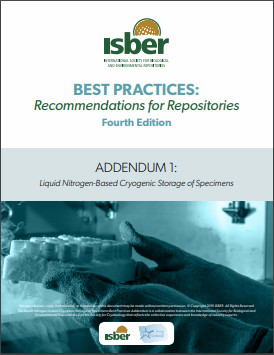 The Society for Cryobiology, in partnership with the ISBER, is pleased to announce the launch of the Liquid Nitrogen-Based Cryogenic Storage of Specimens Best Practices Addendum to the ISBER Best Practices 4th Edition. "The new Liquid Nitrogen Best Practices Addendum will be a go-to resource for the growing number of repositories being asked to store cellular products being used in adoptive therapy research and manufacturing. We are grateful to the team of contributors who are world leaders, who have shared their expertise in building and managing facilities to support collections requiring sub-Tg (glass transition, -135°C) storage,” said David Lewandowski, President of ISBER.
The Society for Cryobiology, in partnership with the ISBER, is pleased to announce the launch of the Liquid Nitrogen-Based Cryogenic Storage of Specimens Best Practices Addendum to the ISBER Best Practices 4th Edition. "The new Liquid Nitrogen Best Practices Addendum will be a go-to resource for the growing number of repositories being asked to store cellular products being used in adoptive therapy research and manufacturing. We are grateful to the team of contributors who are world leaders, who have shared their expertise in building and managing facilities to support collections requiring sub-Tg (glass transition, -135°C) storage,” said David Lewandowski, President of ISBER.
The new ISBER Addendum and the ISBER Best Practices 4th Edition is available to download now.

 The
The 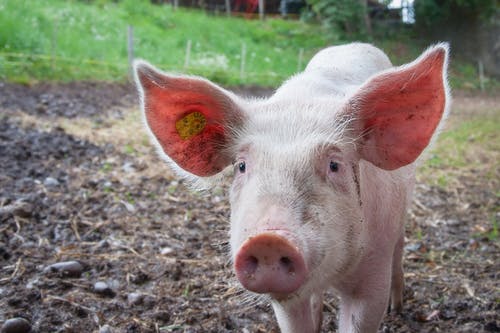 Yale scientists managed to partially revive the brains of decapitated pigs by flooding the organ with oxygen-rich artificial blood. These researchers are quick to assure the public the brains did not show any signs of consciousness; instead, their experiment showed the possibility of limiting or reversing long term brain damage as blood stops circulating. The ability to restore cell function to the brain and slow the decay process in pig brains deceased 4 to 6 hours has the potential for extraordinary applications for stroke or Alzheimer victims. The entire article can be read
Yale scientists managed to partially revive the brains of decapitated pigs by flooding the organ with oxygen-rich artificial blood. These researchers are quick to assure the public the brains did not show any signs of consciousness; instead, their experiment showed the possibility of limiting or reversing long term brain damage as blood stops circulating. The ability to restore cell function to the brain and slow the decay process in pig brains deceased 4 to 6 hours has the potential for extraordinary applications for stroke or Alzheimer victims. The entire article can be read 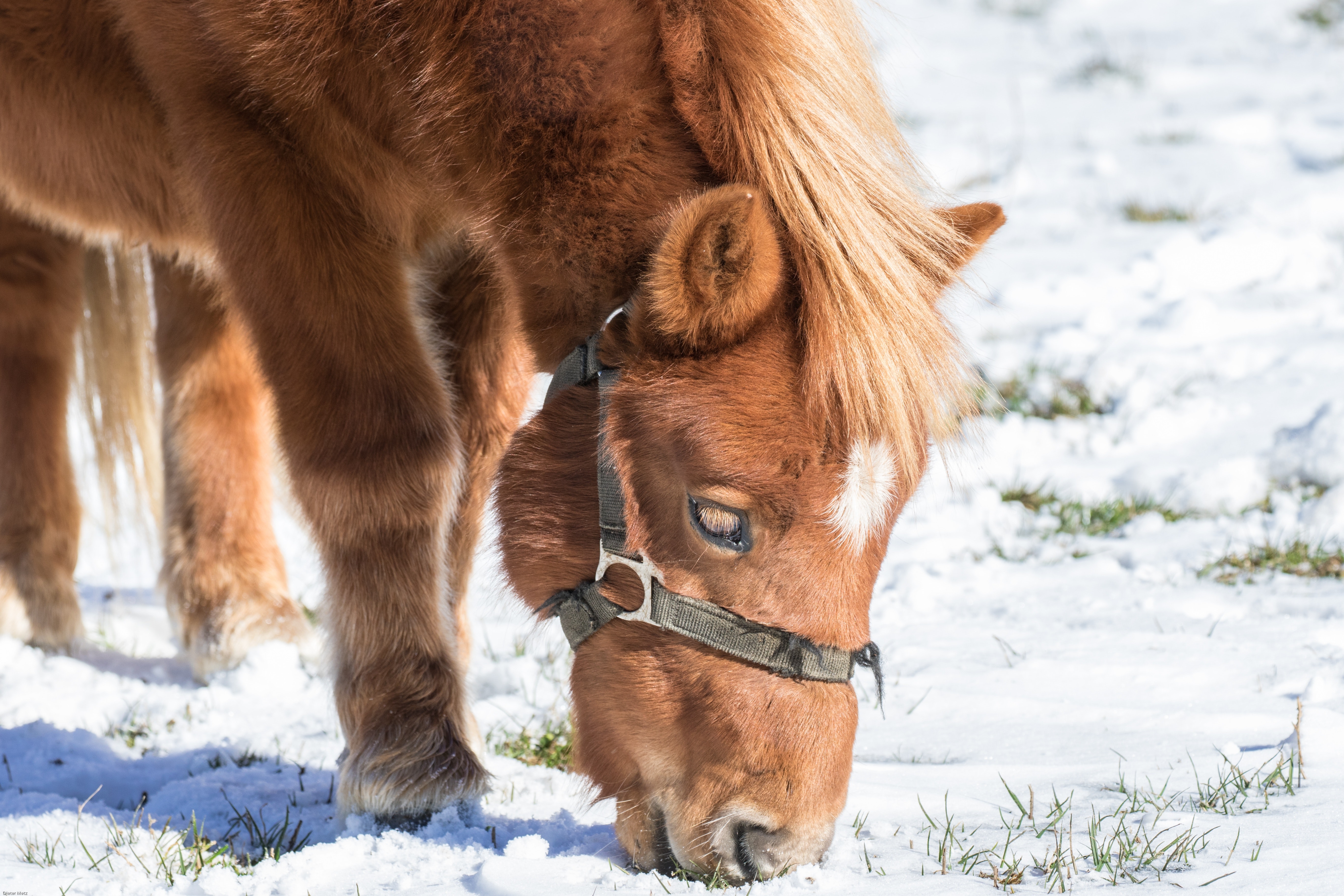 Russian and South Korean researchers have extracted liquid blood and urine samples from a 42,000-year-old foal preserved by the Siberian permafrost.
Russian and South Korean researchers have extracted liquid blood and urine samples from a 42,000-year-old foal preserved by the Siberian permafrost.  The Society for Cryobiology is pleased to announce that we have employed a new administrator - Amelia Hanson. She has an education in chemical engineering and experience in the Houston oil & gas industry. A native Texan, Amelia now lives in New Zealand as a technical writer and website designer. Working directly with the society's Executive Director, Nicole Evans, Amelia assumed the position of administrator February 27th, 2019. You can contact her at
The Society for Cryobiology is pleased to announce that we have employed a new administrator - Amelia Hanson. She has an education in chemical engineering and experience in the Houston oil & gas industry. A native Texan, Amelia now lives in New Zealand as a technical writer and website designer. Working directly with the society's Executive Director, Nicole Evans, Amelia assumed the position of administrator February 27th, 2019. You can contact her at 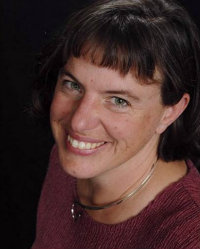 Gayle Volk, a CRYO2019 Program Committee Track Co-Chair for Plant Cryobiotechnology, has recently been in the news about a study into heritage apple cultivars in Wyoming, USA. Samples from Heritage apples, planted in the 1800s, were collected from nearly a hundred farms, orchards, or homesteads and are being studied to determine existing traits that allow these trees to survive, even thrive, in the harsh, cold Wyoming climate.
Gayle Volk, a CRYO2019 Program Committee Track Co-Chair for Plant Cryobiotechnology, has recently been in the news about a study into heritage apple cultivars in Wyoming, USA. Samples from Heritage apples, planted in the 1800s, were collected from nearly a hundred farms, orchards, or homesteads and are being studied to determine existing traits that allow these trees to survive, even thrive, in the harsh, cold Wyoming climate. 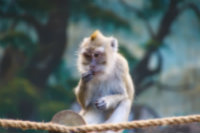 Testicle tissue samples from the rhesus macaques are being used in new research to preserve the fertility of preadolescent boys with cancer. Kyle Orwig from the University of Pittsburgh School of Medicine and his team, removed testicle tissue from 5 prepubescent monkeys. After the monkeys reached sexual maturity, the tissue was grafted back onto the monkey's back and scrotum and within 12 months all 5 monkeys were producing testosterone and sperm. The team used the sperm from one of the monkeys to successfully impregnate a female.
Testicle tissue samples from the rhesus macaques are being used in new research to preserve the fertility of preadolescent boys with cancer. Kyle Orwig from the University of Pittsburgh School of Medicine and his team, removed testicle tissue from 5 prepubescent monkeys. After the monkeys reached sexual maturity, the tissue was grafted back onto the monkey's back and scrotum and within 12 months all 5 monkeys were producing testosterone and sperm. The team used the sperm from one of the monkeys to successfully impregnate a female.